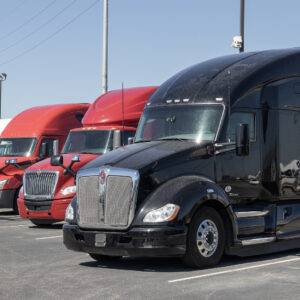Pennsylvania’s congressional delegation should oppose renewed efforts on Capitol Hill to allow bigger trucks on the nation’s highways. The state already has a deadly crash problem with existing trucks. The Fatality Analysis Reporting System (FARS), considered the most complete and accurate crash dataset, shows a total of 163 fatalities in crashes involving large trucks in the state in 2021, […]

